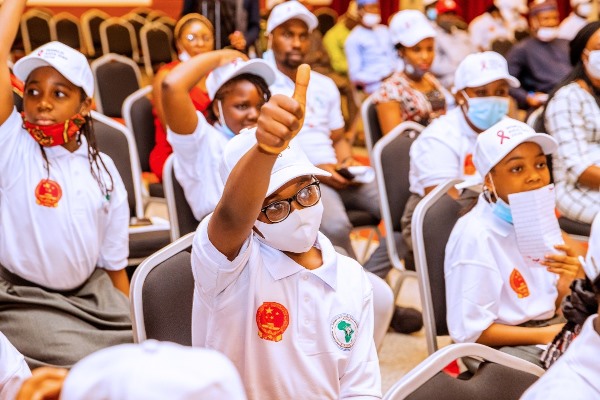
By Tanko Mohammed
Abuja, November 30, 2020
More bodies of rice farmers killed by Boko Haram on Saturday recovered from other locations have increased the death toll from 43 to 110, as residents and military engage in counter accusation of inaction and sabotage.
The United Nations (UN) reported that more corpses of slain farmers have been recovered after the burial on November 29, 2020 of the initial 43 rice farmers killed by Boko Haram, but authorities denied the report.
Mr Edward Kallon, the UN’s Humanitarian Coordinator in Nigeria, said on Sunday: “At least 110 civilians were ruthlessly killed and many others were wounded in this attack’’ and added, noting that several women are believed to have been kidnapped.
“The incident is the most violent direct attack against innocent civilians this year. I call for the perpetrators of this heinous and senseless act to be brought to justice,” Kallon said.
But the burial of 43 persons conducted according to Islamic rites was led by the Borno State governor, Prof. Zullum and other state officials on Sunday, November 29, 2020.
The rice farmers were killed by the terrorists on November 28, 2020 in Zabarmari, in Jere local government of Borno state.
The killing has pitted the villagers against the military as both trade accusations bordering on inaction and sabotage.
The residents have accused the military of failing to respond to distress call when the terrorists were gathering for the attack but the military also blame villagers of conniving with Islamists.
One of the survivors in the attack, Mr Abubakar Salihu, alleged that the military refused to heed the early information regarding the attack on the village which is a mere 20 kilometres from Maiduguri, capital of Borno state.
Salihu, explained that they saw the attack coming after the villagers arrested one of the terrorists and handed him to army, “so we informed military beforehand that our members sighted Boko Haram in large numbers but nothing was done about it’’.
“It was a sad day for us in Zabarmari; it could have been averted but the military failed to act on the information we gave them,” he said.
Mr Mohammed Alhaji, another rice farmer who escaped the attack, reported that the victims were harvesting rice when they were summoned and assembled by the insurgents.
“It was a deliberate act to ensure that we do not harvest our farm produce. We need the federal government to assist us and secure our lives,” he said.
Gen John Enenche, the Coordinator of Defence Media Operations, accused some residents of Borno state of sabotaging the efforts of the military by providing information on movement of troops and other operational activities to Boko Haram.
Enenche said on November 30, 2020 while on a local television programme responding to questions on the massacre at Zabarmari.
He explained that information gathered from the attack indicated that some of the insurgents were already cohabiting with the villagers before the attack.
Enenche said the army needed information from locals to aid its operation.
“That has been our worry. It’s a concern to us. You need a guide, you need information. Will they tell us? That’s a question that we have to ask. Yes, sometimes. And most times, no.
And that was one of the issues we have been ensuring to overcome, with civil-military cooperation activities, reaching out to them, even sending people by proxy to talk to them,” Enenche said.
He said that the connivance with the terrorists has been one of the banes of the final success in the whole of this operation against terrorists.
“Our patrols will pass through a route, in a village. By the time you are going, some people are looking at you. When you are coming back, the next thing is that you meet an IED planted on the road.
“And it is not possible to force information out of people. It’s not possible, just like they say you force a horse to the river, but not to drink water.’’
The military, he said, is trying to build up confidence in the system and encourage residents to desist from aiding insurgents.
The General said contrary to the UN’s statement that over 100 people were killed, the military has so far identified 43 corpses.
He said: “The field commandants gave me a synopsis of what happened. The troops moved there and recovered the dead, they counted 43’’.
“Probably we may count up to the figure UN gave in the future but as it is now, what we have counted with the locals is still 43 and we are hoping that we don’t get beyond that.’’












